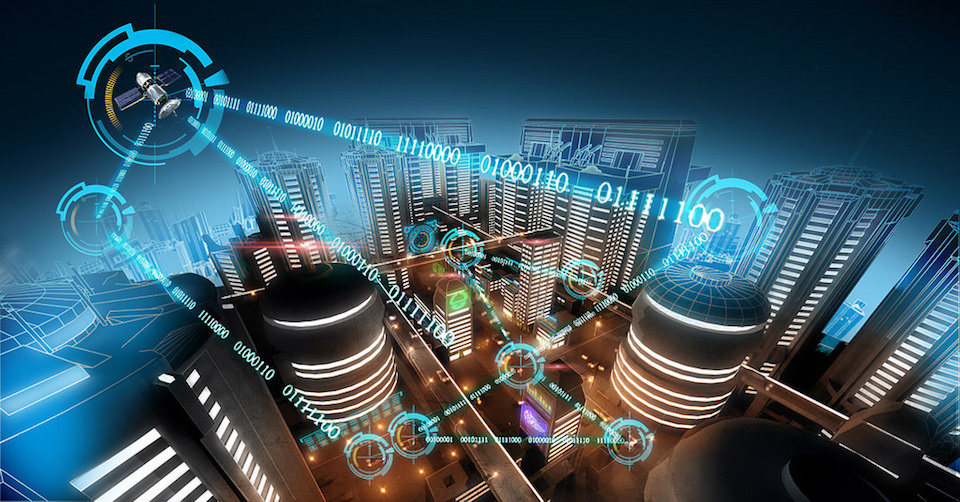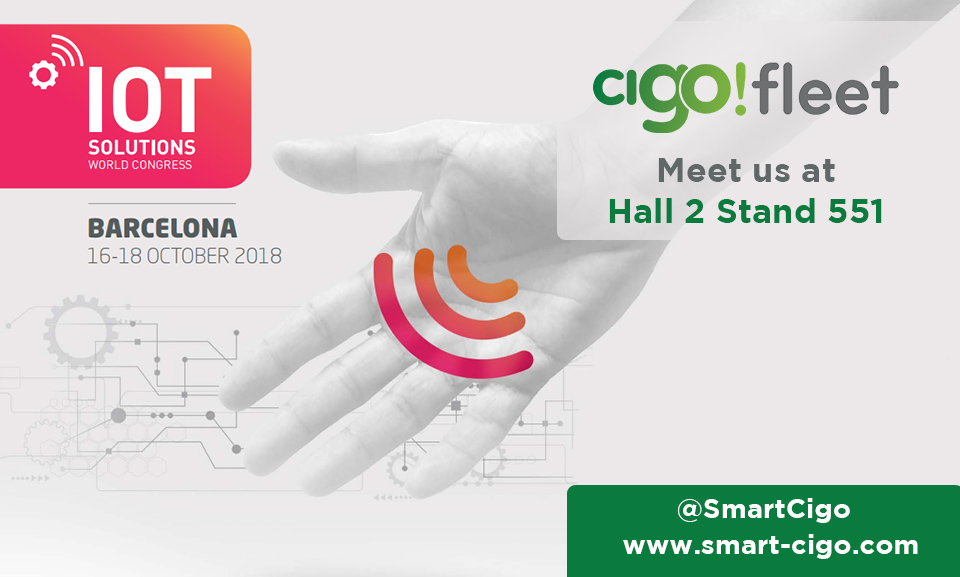What can a Smart City provide us? Smart City Expo World Congress | Barcelona 13-15 November
A Smart City can be described as a city capable of using information and communication technology (ICT) with the aim of creating a better infrastructure for citizens who will benefit of greater energy savings, more sustainability and efficiency. Therefore, a Smart City is the combination of people, creativity and technology to make it more sustainable and efficient.
Smart Cities arise from the limitation of resources as a result of the increase in the world’s population. Citizens have to reinvent the way they live in cities due to the fact that 70% of the world’s population currently lives in urban areas. These areas must therefore be capable of accommodating millions of people with the best possible benefits and resources.

Any city, regardless of its size, wealth or region can be smart: it is simply about using technological advances and data to better manage and provide services in the city.
The aim for Smart Cities is to add value, and these must be transparent so that the steps taken by the administration are accessible and public. They must also be inclusive of all citizens in public life and, finally, they must improve the distribution of resources through energy saving, lighting or water distribution systems. These objectives are defined by:
- Creating wealth by defining a business model that allows generating capital new jobs while maintaining taxes at their same level.
- Affordable technology, Internet access, sensors, big data, smart recognitions or IoT are key points.
- Intelligent mobility with efficient transportation systems.
- Adaptation to the environment and the unpredictability of nature
It is important for all projects from the city to be aligned in accordance with the city’s management model. In recent years, local governments have begun to use the large amount of data at their disposal (income, theft, traffic, diseases…) in order to manage the daily basis problems. This data has started to be used in different ways:
1. Anticipation of problems
If we think of a building catching on fire, for example, it has been demonstrated that the presence of smoke detectors on sight can help prevent deaths by 50%. In the city of New Orleans, a system was applied taking advantage of the population data as well as historical data of fires, which was processed using Machine Learning techniques in order to draw a map forecasting the probability of future fires with and without smoke detectors.
2. Sensors: In everything
Through the Internet of Things, as was discussed in the last post, you can monitor different aspects of life and cities through sensors, from pipes to prevent water leaks to electric meters to track the use of energy.
3. Citizens are data collectors
Although citizen data collection is not something new, in the recent years it is something that has been heavily reinforced with the rising of new technologies such as smartphones. I guess it is not really necessary to remember all the data that we daily provide through our mobiles phones and which companies and services use them to make an easier life (partially) for us, such as traffic monitoring.
Is privacy a brake on the Smart City?
With all of this data gathered daily, the focus has now been put on privacy issues and specially in Europe with the GDPR regulations. Although in many cases cities have strict protocols and policies that manage and control processes of information, with little knowledge you can cross data to know a wide variety of things about someone in particular. The importance of data security must be emphasized: there cannot be a Smart City strategy without the concept of cybersecurity.
Do you think that privacy is the main problem of Smart City? Do you think that becoming a smarter city will favor the well-being of the citizens from big cities?
Smart City Expo World Congress
Smart City Expo World Congress (SCEWC), the leading international event on smart cities will host on 2018 its biggest edition ever. From November 13th to 15th, Fira de Barcelona’s Gran Via venue will gather over 700 cities, 700 exhibitors and 400 speakers. Under the theme Cities to live in the event will stress how cities must aim all transformation strategies towards the goal of making metropolises the best possible places for its citizens to live, work and thrive..
We’ll be at AMB Stand (B261) booth 05 to show how our Smart Mobility solution helps improving the cities & its services. See you there!
If you still don’t have tickets for the SCEWC, send us an email to info@smart-cigo.com and we’ll send you an invitation to visit us! (limited availability).



